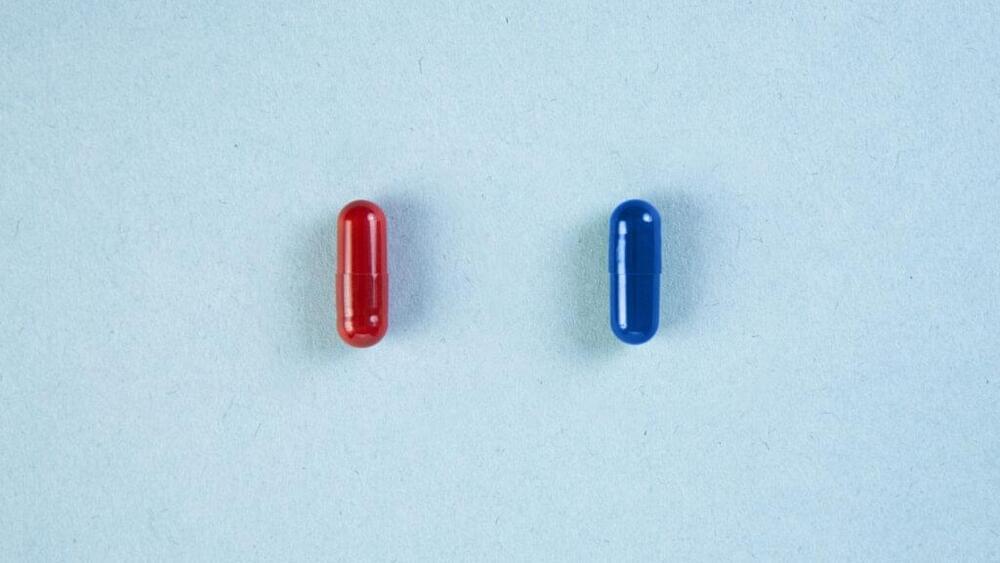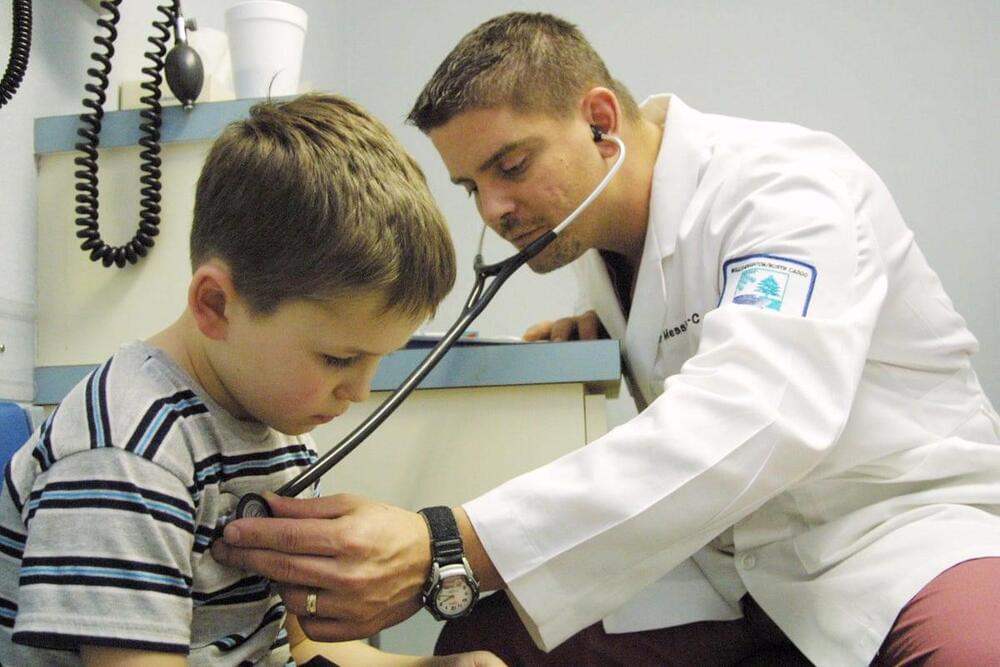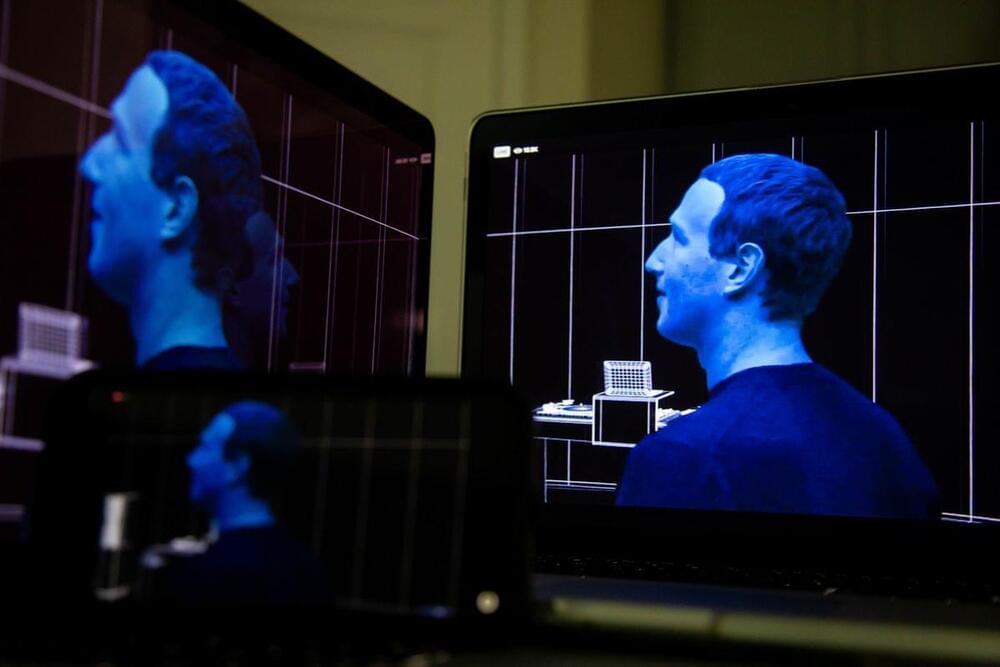Experiments conducted in August achieved a record yield of more than 1.3 megajoules.
After decades of inertial confinement fusion research, a record yield of more than 1.3 megajoules (MJ) from fusion reactions was achieved in the laboratory for the first time during an experiment at Lawrence Livermore National Laboratory’s (LLNL) National Ignition Facility (NIF) on August 8, 2021. These results mark an 8-fold improvement over experiments conducted in spring 2021 and a 25-fold increase over NIF’s 2018 record yield (Figure 1).
NIF precisely guides, amplifies, reflects, and focuses 192 powerful laser beams into a target about the size of a pencil eraser in a few billionths of a second. NIF generates temperatures in the target of more than 180 million F and pressures of more than 100 billion Earth atmospheres. Those extreme conditions cause hydrogen atoms in the target to fuse and release energy in a controlled thermonuclear reaction.





